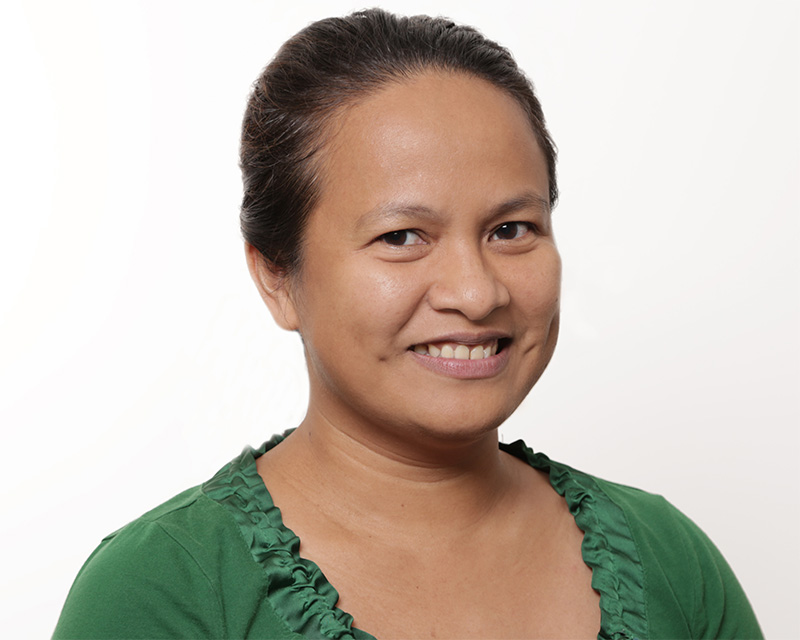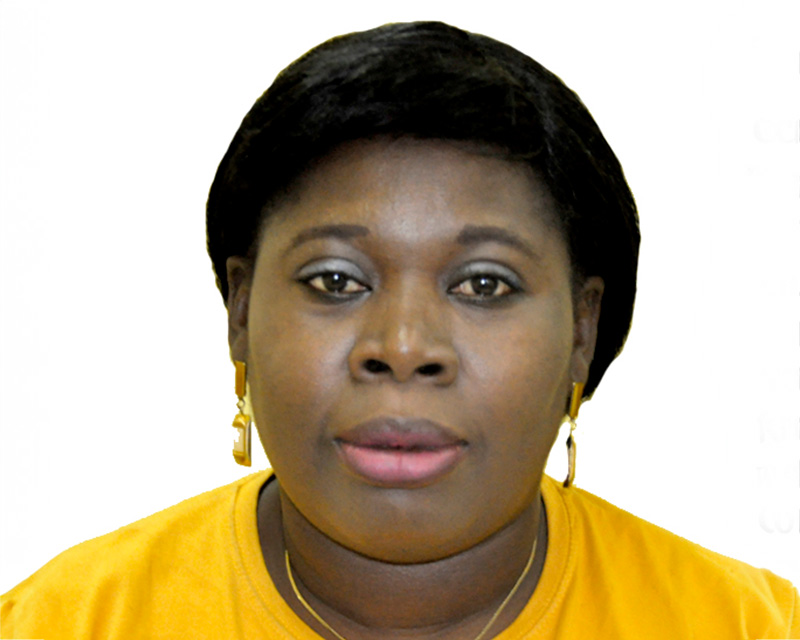
Daniel Gilligan
Director, Poverty, Gender, and Inclusion (PGI), Poverty,
Gender, and Inclusion

Director, Poverty, Gender, and Inclusion (PGI), Poverty,
Gender, and Inclusion

Director, Nutrition, Diets, and Health (NDH), Nutrition,
Diets, and Health

Director, Innovation Policy and Scaling (IPS), Innovation
Policy and Scaling

Senior Research Fellow, Innovation
Policy and Scaling

Research Fellow, Markets,
Trade, and Institutions

Senior Research Coordinator, Poverty,
Gender, and Inclusion

Senior Research Fellow, Innovation
Policy and Scaling

Research Fellow, Development
Strategies and Governance

Program Manager, Development
Strategies and Governance

Senior Program Manager, Poverty,
Gender, and Inclusion

Program Head, Innovation
Policy and Scaling

Senior Program Manager, Poverty,
Gender, and Inclusion

Senior Program Manager, Nutrition,
Diets, and Health

Research Analyst, Development
Strategies and Governance

Nutrition and Post Harvest Manager, Innovation
Policy and Scaling

Senior Research Analyst, Poverty,
Gender, and Inclusion

Senior Research Analyst, Natural
Resources and Resilience

Research Analyst, Markets,
Trade, and Institutions